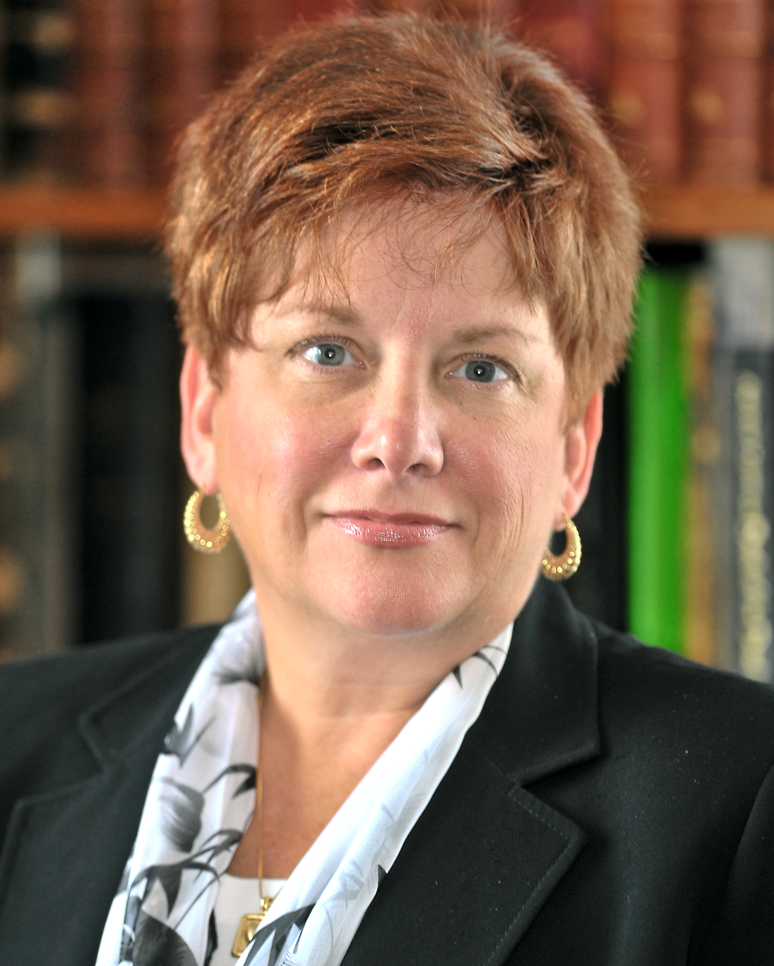Sexual abuse of children is a pressing concern nationwide. According to the Child Maltreatment report from the U.S. Department of Health and Human Services, as many as 9.2% of our country’s youth may have been subjected to a sexual assault at some point in their young lives. Like most statistics, though, it’s likely that these incident rates are significantly underreported.
While our state’s laws require mandated reporters, like teachers, pediatricians, and therapists, to notify the proper authorities of any abuse of juveniles that they’re aware of, some victims are courageous enough to step forward and report what happened themselves. If you were assaulted during your youth and want to know how to file a claim for childhood sexual abuse in West Virginia, we’ll share how to do that.
Understanding the Difference Between Reporting and Taking Legal Action After a Sexual Assault
It’s not uncommon for individuals to interchange one word for another. You may have seen this happen when different parties speak about steps you should or can take after suffering inappropriate treatment.
Reporting sexual abuse should, according to the West Virginia Department of Health and Human Resources, occur in-person at the local office in Kanawha County or your respective county (if you live outside the area). You can additionally call our state’s Abuse and Neglect Hotline 24/7 at 1-800-352-6513.
You can also contact your local law enforcement agency, such as the Charleston WV Police Department, the Kanawha County Sheriff’s Office, etc., to report these incidents, who will put you in contact with the proper state agency and, if necessary, launch a criminal investigation.
It’s important to note that reporting an incident simply leads to an investigation being launched and victims being connected with community resources, like mental health, to assist them in coping with what happened. Reporting is different from taking legal action, such as filing a claim or lawsuit against the perpetrator or any other individuals who may have been responsible for what happened.
Filing a lawsuit allows you to hold negligent parties civilly liable for their actions. So, as a sexual abuse victim, you may not only be able to sue the actual perpetrator of those illicit acts in their individual capacity but also potentially their employer if their failure to properly screen or supervise their employee created a “ripe” environment for an assault to occur. No matter the defendant(s) you sue in civil court, you may be entitled to recover a monetary settlement for the mental turmoil and other impacts the preventable abuse had on you.
It should be noted in our state, there is both a civil and criminal law system. Even if you decide to sue a sexual abuser for monetary damages, it doesn’t mean that prosecutors cannot also charge that same individual with a crime because of what they did. The key to civil cases is that you choose when to file a claim or lawsuit. Someone else does in criminal cases, and if they do pursue these, their burden of proof is different, and the penalties are generally imprisonment.
Filing a Sexual Abuse Lawsuit Against Your Abuser and Other Responsible Parties
As we mentioned earlier, the burden of proof in civil cases like childhood sexual abuse claims is a bit different from what a prosecutor would need to meet in a criminal matter. In the former, your responsibility is to gather evidence that proves that:
- The defendant owed you a duty of care (i.e., had a responsibility to keep you safe)
- A choice they made violated that duty of care they owed you (i.e., they didn’t perform a background check on a coach, which would have led to them finding out they had previously been convicted of child sexual abuse)
- That breach of their duty led to your harm (this is the causation aspect)
- You suffered damages because of the defendant’s actions (i.e., you have extensive past and ongoing therapy costs)
Provided you can prove the aforementioned, you likely meet the necessary grounds for filing a childhood sexual abuse claim. But how exactly do you get that process underway?
While you can certainly file such a case with your local circuit court by drafting your own motions and filing them with the clerk, doing so is not advisable. Why?
The legalese and formatting used in drafting these pleadings can be challenging for individuals with legal training to grasp. Plus, there’s a statute of limitations that applies to these cases. Sorting out when that is can be challenging, depending on when the abuse you suffered occurred and when you became aware of it.
Furthermore, should it become necessary to try your case in the courtroom, having a lawyer on your side who understands court rules, legal proceedings, proving arguments, etc., can prove invaluable.
If you suffered sexual abuse as a child in West Virginia and you’re looking to better understand your rights to file a claim against the perpetrator and other permissive parties, we’re ready to discuss your case and legal options with you here at Forbes Law Offices. Meeting with one of our child sex abuse lawyers is completely free, so let’s talk now.













